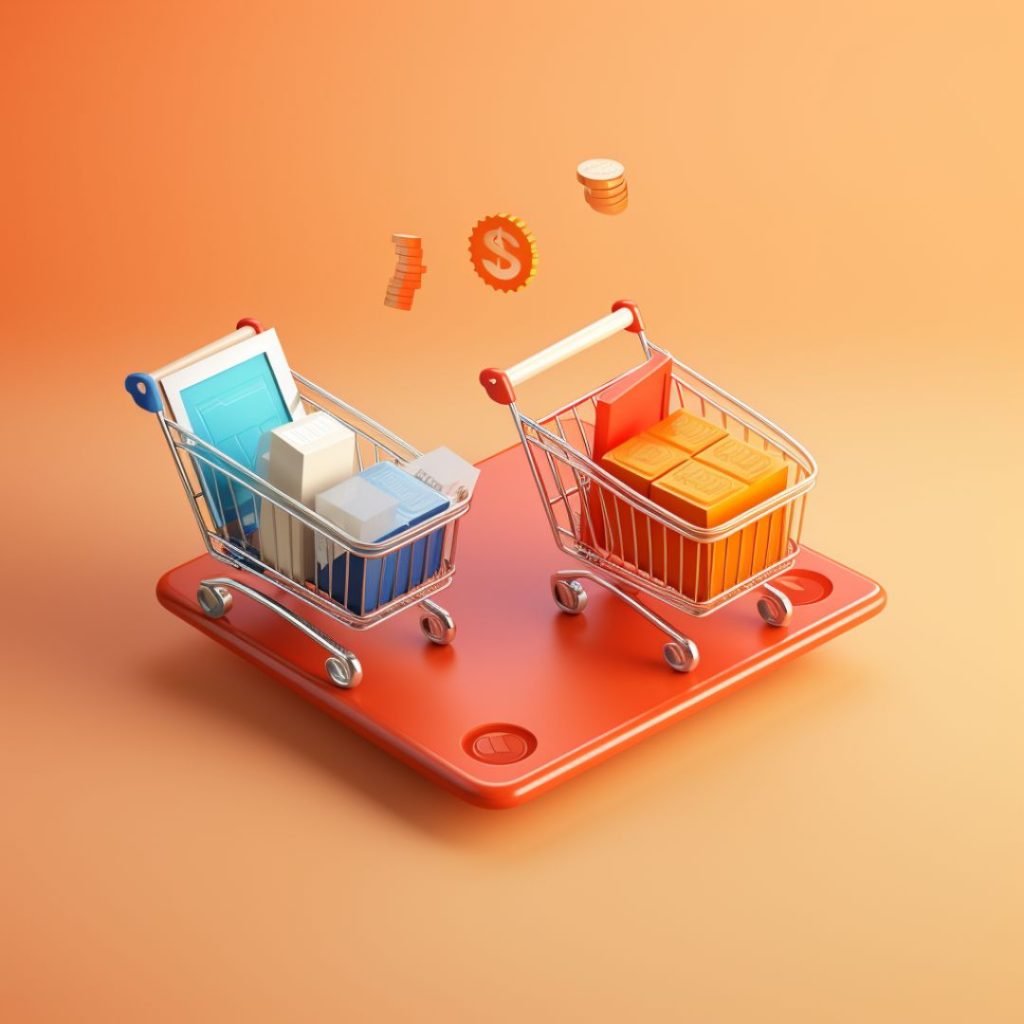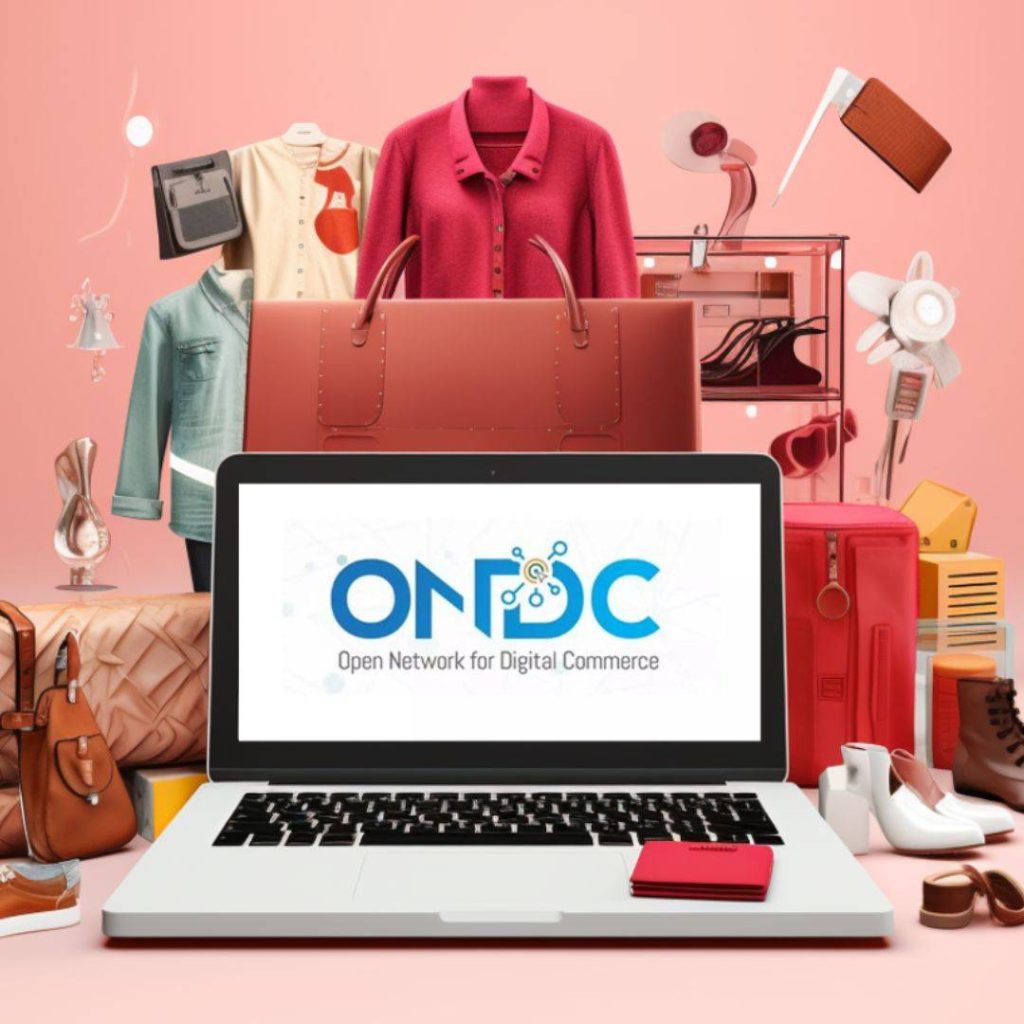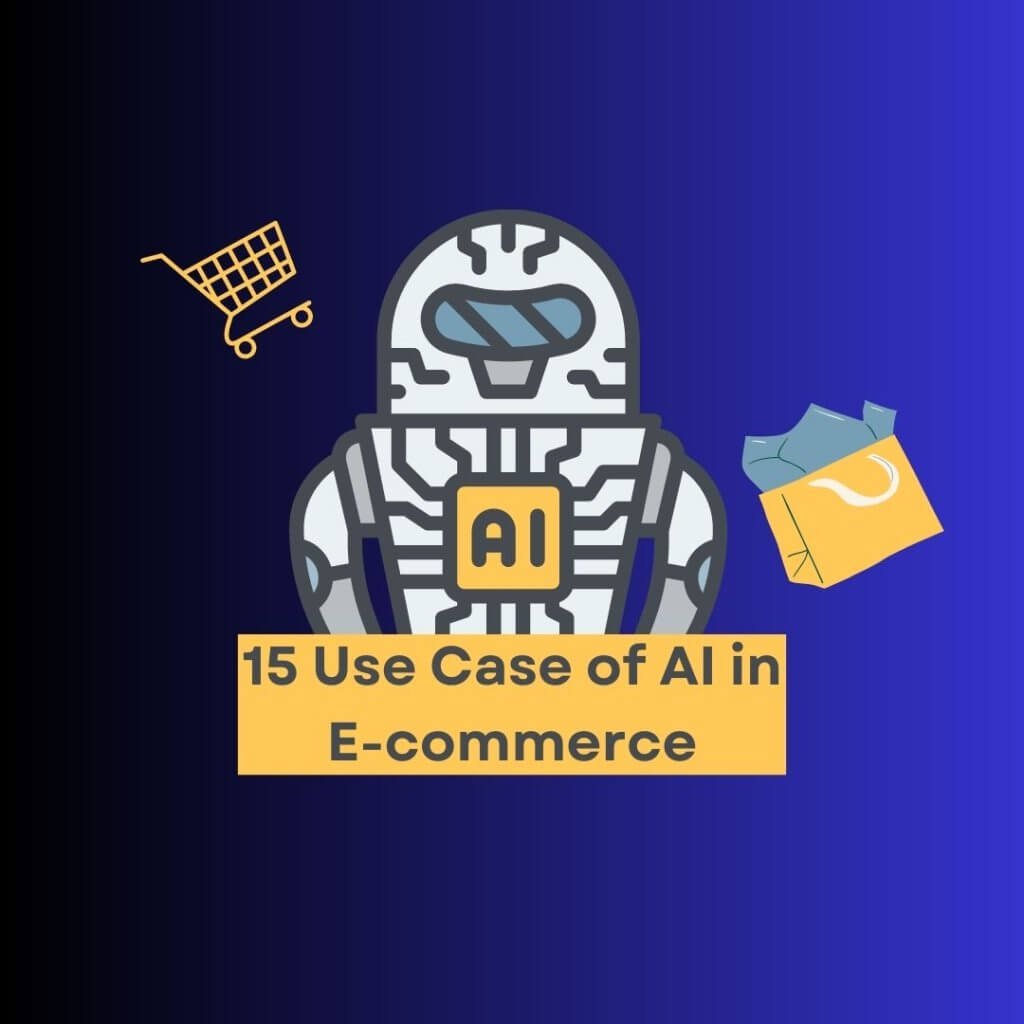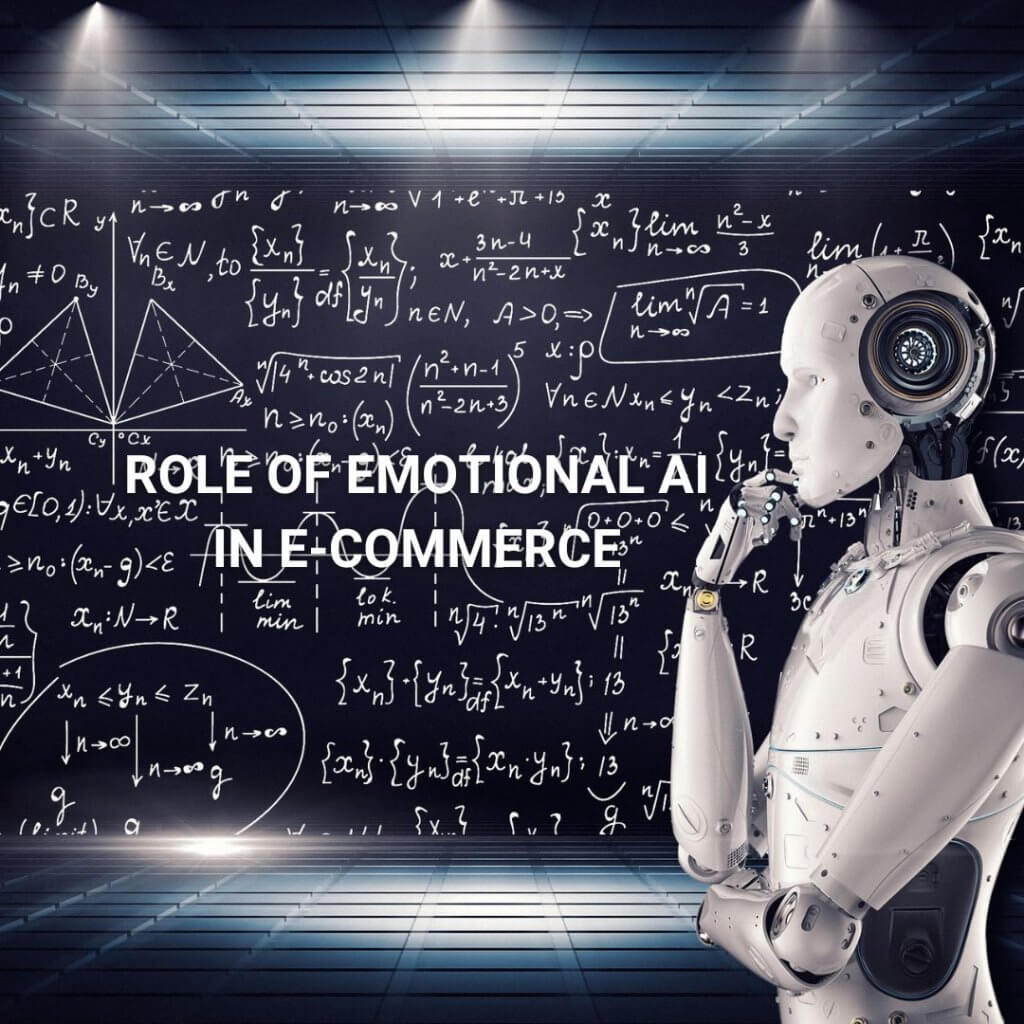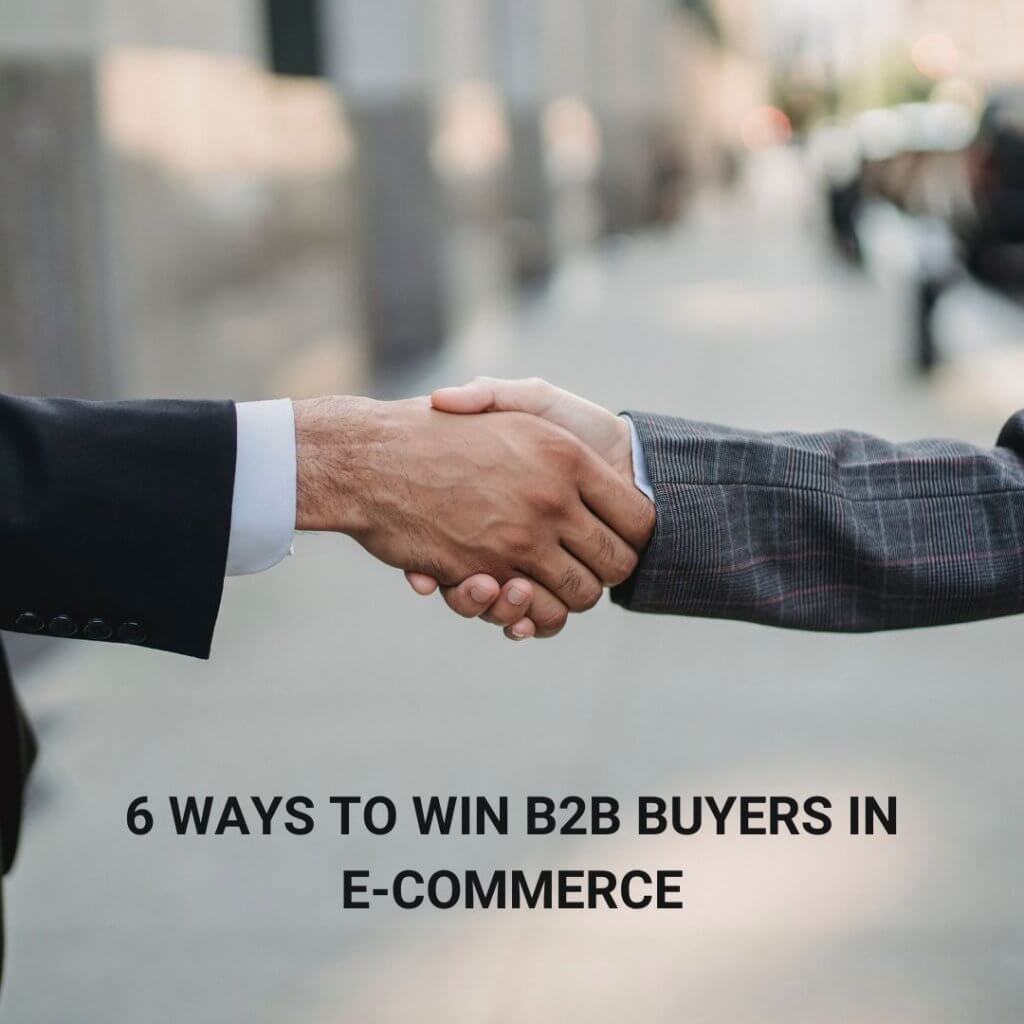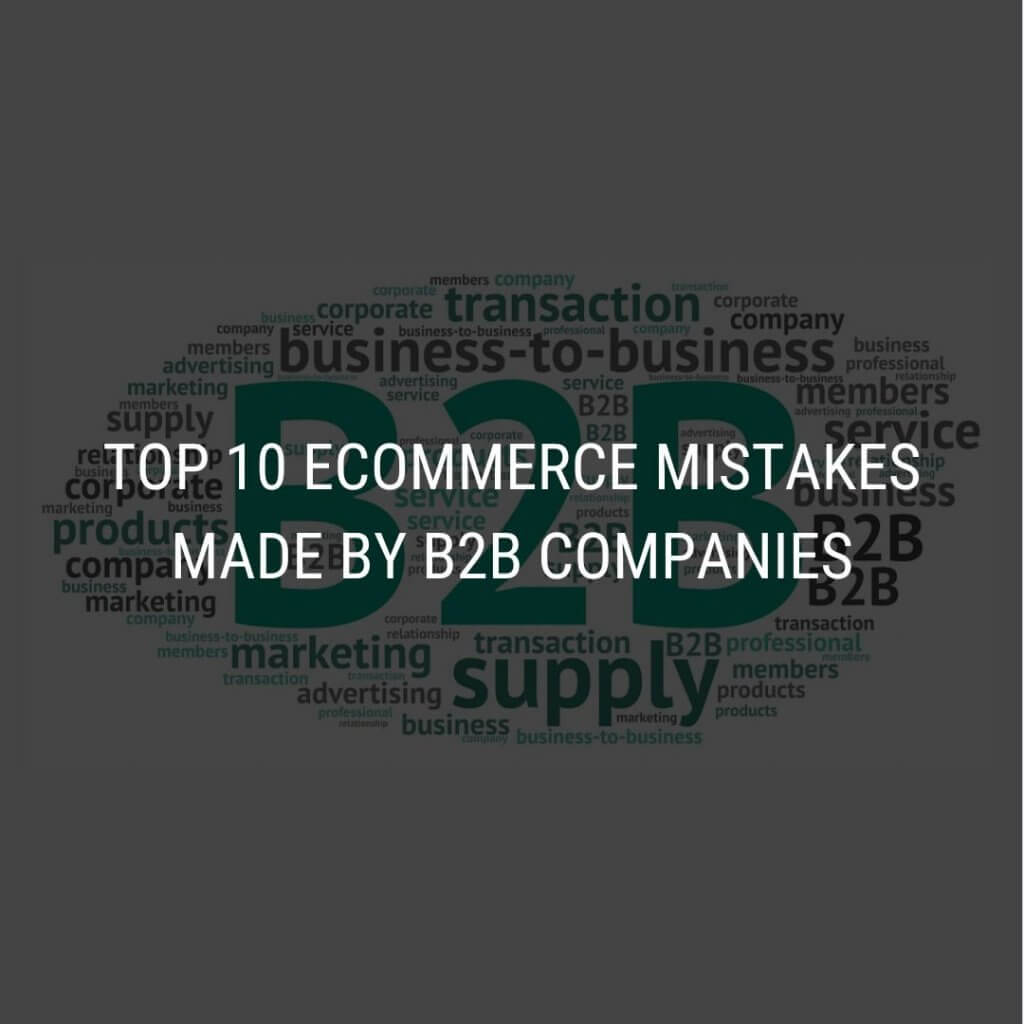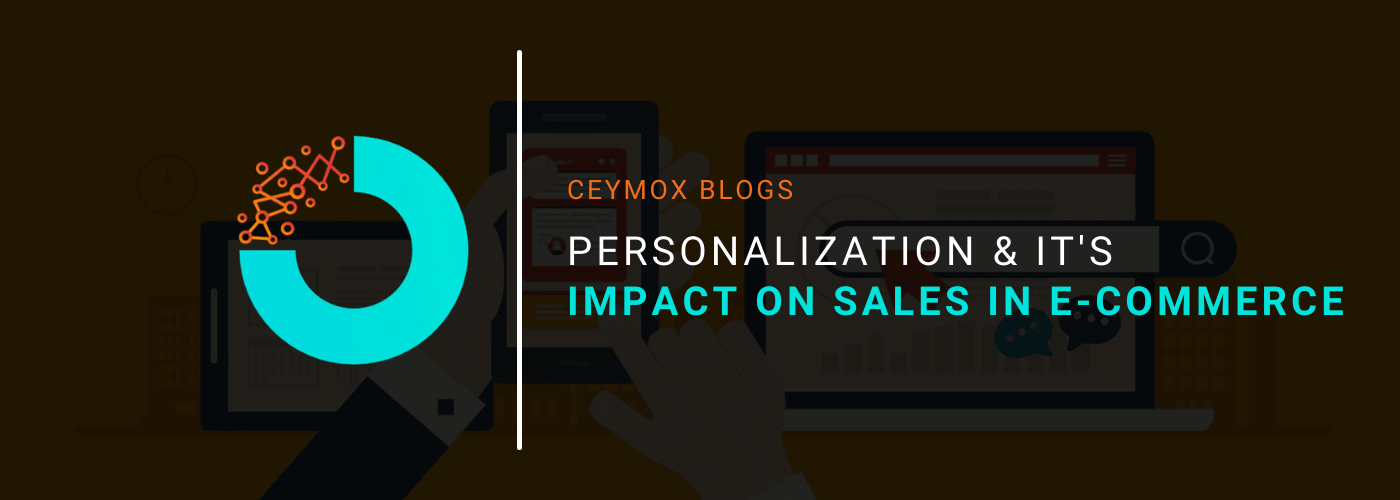
As people are getting more aware of e-commerce shopping, and the e-commerce industry is also trying to reach every corner of countries, the expectations of customers are also increasing from time to time from the e-commerce stores. An e-commerce store always strives for longevity and keeps growing a loyal customer base. The successful online retailers have always improved their product offering to new as well as existing customers and improve the shopping experience of customers.
Personalization is one of the most important aspects of improving the shopping experience of customers. Offering your customers what they exactly want is the core of any business. In this article, we are going to discuss how Personalization in e-commerce stores can impact your business along with the simple guidelines for improving personalization.
What is E-commerce Personalization?
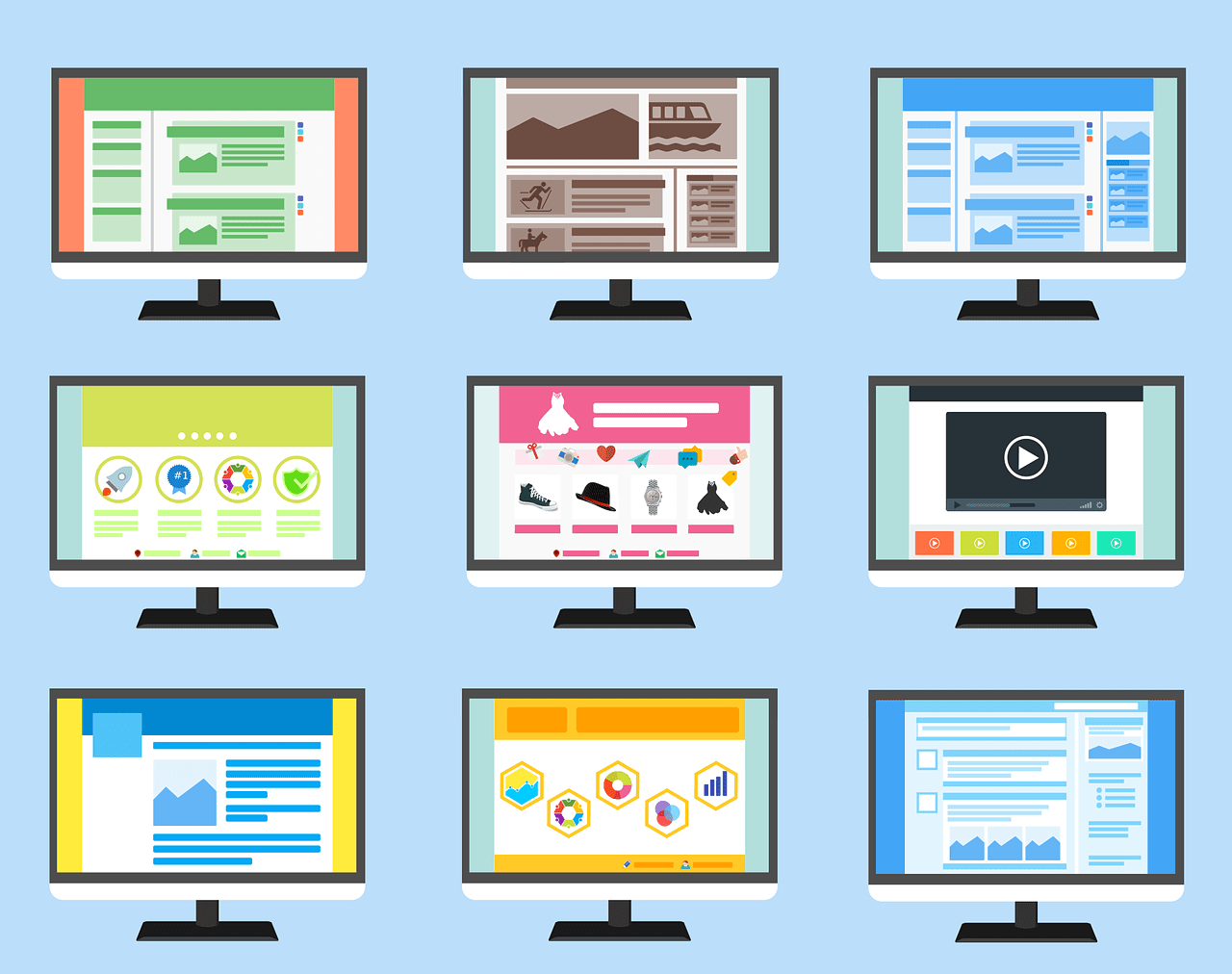
Personalization in e-commerce refers to delivering personalized experiences to the customers by dynamically showing content, recommending products, and offers based on previous actions, searching behaviour, purchase history, and other data.
It is highly important for online sellers, not just only improve sales but also to increase repetitive purchases. You can provide a personalized e-commerce experience in many different ways such as personalized product recommendations on the homepage, or product detail page, to cart-abandonment marketing emails, onboarding quizzes, etc.
Interesting Stats of Personalization in E-commerce:
Do you know that 56% of customers are more likely to shop at a retailer in-store or online that recognizes them by name? While 65% of consumers prefer to shop at a retailer in-store or online that knows their purchase history. 58% of customers are more likely to buy when a retailer recommends options for them based on their past purchases or preferences.
Marketers can see an increase of 20% sales when using personalized experiences. 77% of consumers have chosen, recommended, or paid more for a brand that provides a personalized experience. By 2021, more than half of the customers will expect from online companies to anticipate their needs and make relevant suggestions before they make contact.
Benefits of Personalization in E-commerce:
1. Improving Calls to Action:
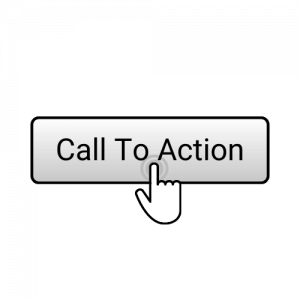
A CTA or Call-to-action is the best way for improving things in the buying process. When the CTA is good, you can encourage your visitors to either read a blog, take a survey, or buy a product. But it doesn’t matter the kind of CTA you use, it should be highly personalized. A personalized CTA can perform thrice as well as generic CTAs.
2. Highly relevant product recommendations:

Irrelevant product suggestions can irritate even a loyal customer. For providing benefits of e-commerce personalization, you have to keep this in focus. Use the data which you have collected from the users to make sure that the product recommendations are relevant and fresh. It will boost customer loyalty.
Amazon has done in this regard. Their product recommendations strategy is an example for every e-commerce store.
3. High Converting Landing Pages:

These pages probably get the most benefits when they are personalized. E-commerce must pay special attention to the landing pages. When these are properly optimized they can have a huge impact on the revenue. Nearly 63% of the customers get influenced by personalized product recommendations on home pages or landing pages.
4. Improved Customer Loyalty:

It is humans’ nature that they want to spend more with whom they got the right treatment. When we get high calibre service, we appreciate that and try to stay loyal with that brand or company. Same goes for e-commerce personalization. When you leave no stone unturned to give what your customer wants, they get loyal to your store. Nearly 80% of the customers prefer to consider brands which show care about them.
5. Less follow up emails:
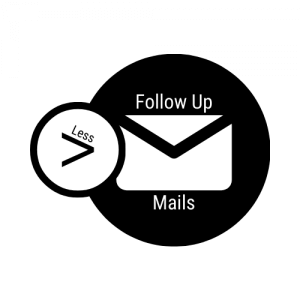
More than half of the customers say that they get too many marketing emails. Hence, if you don’t want your mails to reach the trash, junk, or spam folder of your customers, a good way will be to reduce the number of mails.
By personalization, it would be easier for you to categorize your customers into different categories. After that, you can send the follow-up emails which are highly relevant.
6. Less wasted sales time:

Sales professionals directly reach the customers and pitch them for their product or service, sometimes using loud gongs which can irritate the rest of the office. They don’t want to waste their time validating leads, or calls from unqualified leads.
One of the best benefits of website personalization is that you can create a marketing campaign that can segment the audience for your sales team.
7. Increase Time on Site:

People spend more time on the site when the content delivered to them is more relevant. Hence, if you wish to decrease the bounce rate on the site or improve time on your site, personalization would be highly helpful.
How to Personalize Your E-commerce Store? Know some steps…
1. Create Personalized HomePages:
Homepages are the storefront of your online store. When the customers see the storefront, you must greet them in the best possible manner. Personalization is a great way for that. Unlike traditional retail stores, online e-commerce stores have the ability to know the interest of the customers even after a single visit (thanks to cookies).
If you are collecting cookies (obviously, by asking permissions), then it will help in knowing your customers. Use this information when they visit your store next time.
2. Offer Personalized Guides:
Wouldn’t be a great practice if you offer a personal shopping assistant to every customer? However, it wouldn’t be a financially feasible solution. But in e-commerce, it is completely possible.
You can use a bot to provide on-site assistance to your customers. You can also use size or style guides, quizzes, to help users make better buying decisions.
3. Displaying Recently Viewed Items:
Many customers browse an e-commerce store with a strong urge to buy them. Even though they can remember what they saw while exploring through the store, they can’t recognize all the product pages next time.
Hence, it would be wise if they can check the recently visited product page in a section on the Home Page. As they have checked the product, that means they were interested in it.
4. Personalized Product Pages on the basis of Location:
Many e-commerce sites ask visitors to share their location for providing better product recommendations on the basis of their location. Customizing product pages on location is a simple adjustment for improving the shopping experience. And there are many different ways to use the information and be more relevant to the visitors.
5. Create Special Campaigns on the basis of User Behavior:
Every visitor is different from the other. Users who have started using your site for the first time and the returning visitors have different questions or requirements.
Hence, you have to offer them a different experience using personalization.
6. Get Personal in Email Marketing:
Email marketing is one of the most effective ways of digital marketing and retaining customers. In fact, for every $1 spent on e-mail marketing, it generates $38. Now if you add personalization in this, you can make most out of it. Here are a few best strategies for personalizing the emails:
· Personalization of Subject Lines:
Companies are continuously striving to get attention to the customers’ inboxes. You must focus on the subject line of your emails. Customers open the mails by their subject lines. As per a study, email with personalized subject lines are 26% more likely to get opened.
· Celebrate birthdays or anniversaries:
When you wish the customers on their personal days, they get more attached to your brand. Sending wishes on mails of birthdays or anniversaries can be a way for this. Although anniversary dates are quite hard to get, you can easily get their birthday dates by asking their date of birth.
· Sending Email based on User Behavior:
This is one of the most common strategies of sending e-mails in the e-commerce industry. If you have been tracking the user behaviour on the site, you can use this information for sending targeted emails.
· Re-engage Inactive Leads:
Personalization is not only a way to grab attention or appreciation, but also an effective tool to win back old customers. It is easy to find out which customer hasn’t used your e-commerce store for a very long time or haven’t clicked or read any of your emails.
Using that information, you can easily create an email campaign for inactive leads and win their hearts back.
7. Make More Personal Recommendations:
You must have realized the value of product recommendations in the e-commerce store. Personalized product recommendations account for almost 31% of e-commerce revenues and they have a significant effect on conversion rates. Suggesting similar or complementary items on product pages is almost a must-have for e-commerce now.
Wrapping Up:
In this article, we have understood the importance of personalization in e-commerce store and how we can achieve that through multiple different strategies. You can’t sit and let others stay ahead in the e-commerce race. You have to implement every new upcoming technology and feature to woo visitors and make them your regular patrons. At Ceymox Technologies, India’s best Magento development company, we are having expertise in developing such e-commerce stores which can fulfill all your needs. Let us know your requirements.
 Hubspot SEO Certified |  Hubspot SEO II Certified |  Google Ads Search Certified |  Google Analytics Certified |
Sreehari N Kartha is a skilled Digital Marketing Analyst at Ceymox, certified in SEO. His expertise encompasses a wide range of digital marketing strategies, including managing advertising campaigns on platforms like Google Ads, Facebook Ads, Instagram Ads, WhatsApp Ads, and LinkedIn Ads. With a strong foundation in SEO and SMM, Sreehari is adept at optimizing online visibility, driving engagement, and generating qualified leads and conversions. His passion for emerging technologies, such as Crypto, NFTs, and Web3, further complements his skillset, enabling him to navigate the dynamic digital landscape.
View All Articles
